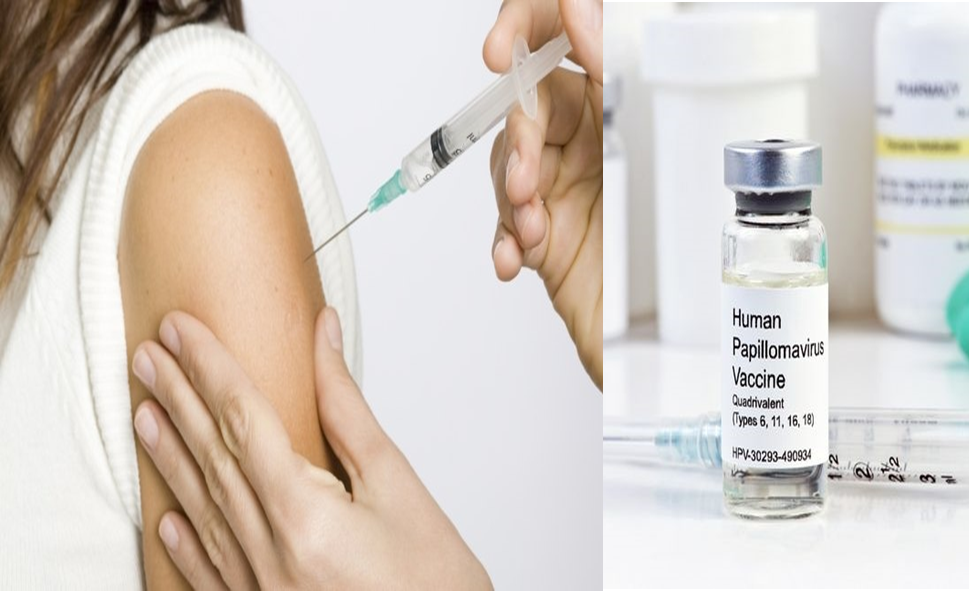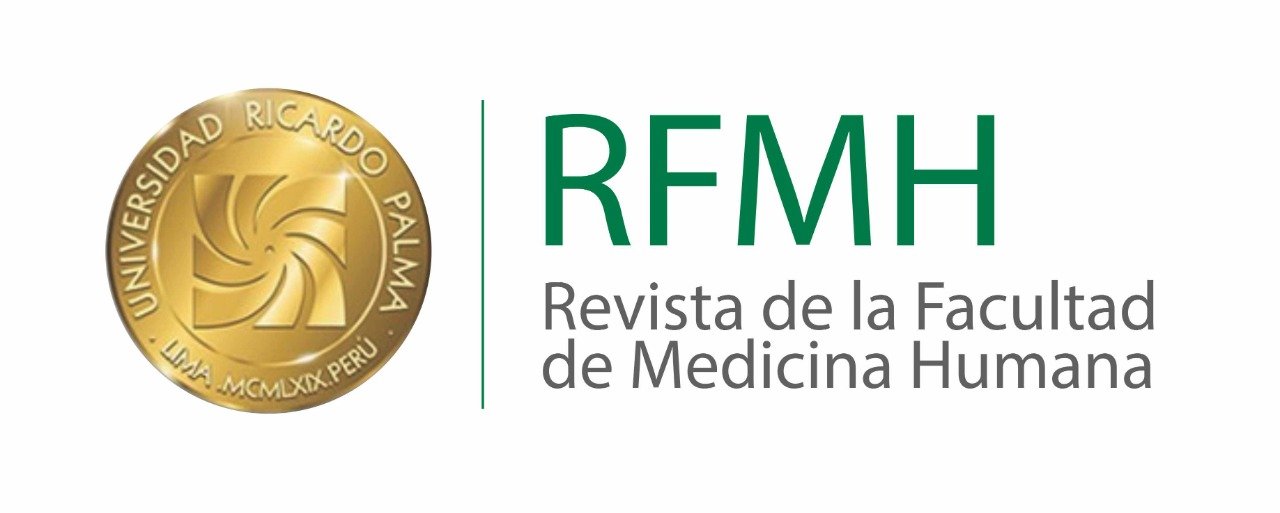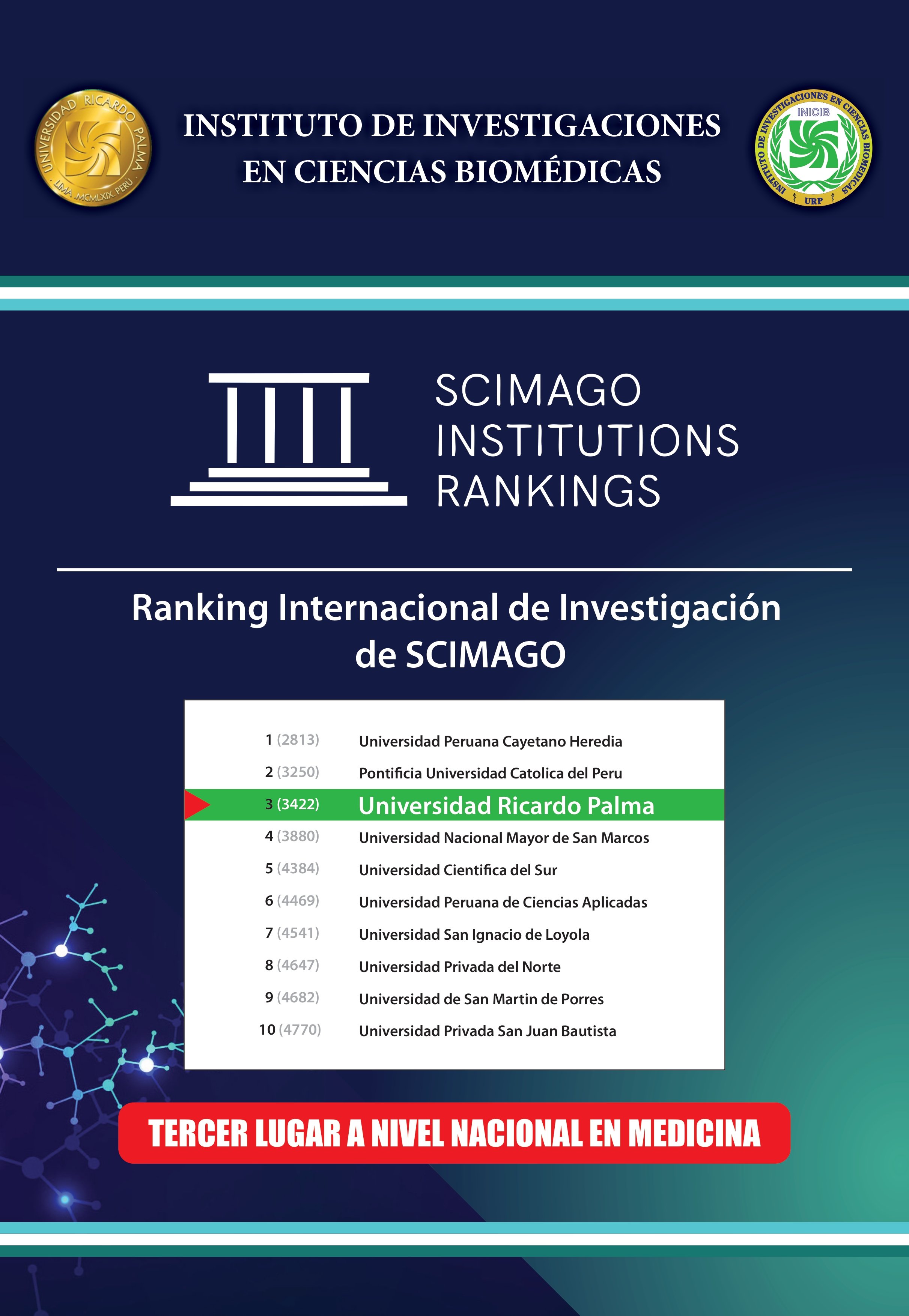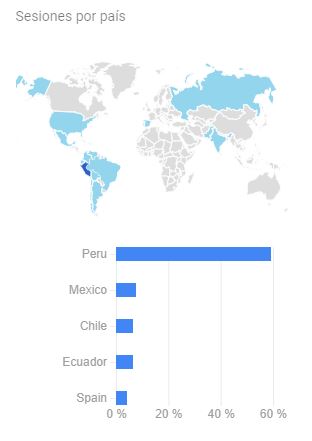EFFECTIVENESS OF VACCINATION AGAINST HUMAN PAPILOMA VIRUS
EFICACIA DE LA VACUNACIÓN CONTRA EL VIRUS DE PAPILOMA HUMANO
DOI:
https://doi.org/10.25176/RFMH.v19i4.2347Abstract
The human papillomavirus (HPV) has a high prevalence in young women, which is why it is considered a public health problem. As their main form of transmission is sexual relations, it is estimated that around 80% of individuals will have contact with this virus in the course of their lives.
According to reports from the World Health Organization (WHO), the human papillomavirus (HPV) associated with cervical cancer, ranks fourth among the most common types of cancer that affect women, with an estimated number of 570,000 deaths in 2018.
In addition, WHO includes the HPV vaccine as part of national vaccination programs based on the following considerations: It constitutes a public health priority; the introduction of these vaccines is feasible from a programmatic point of view; sustainable financing can be guaranteed; It has cost-effectiveness as a vaccination strategy; and focuses on teenage girls before the start of active sex life; taking into account the aforementioned, it should be considered that the target population will primarily be made up of girls between the ages of 9 or 10 up to 13 years old.
Downloads

Downloads
Published
How to Cite
Issue
Section
License
Copyright (c) 2019 Revista de la Facultad de Medicina Humana

This work is licensed under a Creative Commons Attribution 4.0 International License.





























